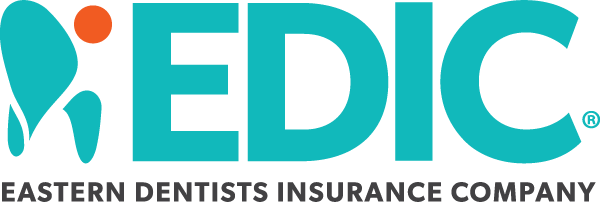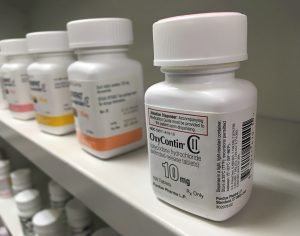In school, we go through pharmacology and pain control courses, which provided a base knowledge for prescribing. However, during my time in school, my exposure to emergency pain management and chronic pain management was minimal. Sure I know how to dose and write a prescription and when a medication is indicated, but beyond that, how do we as new dentists make sure that we properly manage the pain of our patients without putting them at risk of developing a harmful addiction?
This issue came up recently with a patient in my office. Upon meeting the patient, he asked if I was new to the practice and I said I was. The patient presented with what seemed to be chronic pain associated with a tooth. After pinpointing the likely source of pain, I explained the treatment and prognosis. It was a rather simple extraction that I did in less than ten minutes. When I offered to prescribe the patient IB Profen for post-op pain, the patient told me that they would prefer Vicodin, as he was going away for the weekend. When I told the patient that an NSAID is likely as effective as an opiate, the patient then pleaded that he could not make it through the night without an effective painkiller. I reluctantly gave in and went into the chart to write the prescription. When I opened the past prescriptions the previous doctor wrote, I noticed a laundry list of other opioid drugs that were prescribed to the patient in the past. This was one of those moments that I had to step out of my operatory to rethink my decision.
Should the patient’s history with opiate usage change my decision to give him Vicodin? Am I neglecting the patient, by not properly controlling the pain? Did the patient take advantage of my status as a new dentist and pressure me into prescribing a certain way? Does the research really support NSAIDs as a viable alternative? Am I contributing to the epidemic by continuing to prescribe opioids to this patient? To any of my patients?
We as new dentists have a great opportunity to learn how to answer these questions. We have the ability to aid the changing landscape of drug addiction or at least start the conversation on how to stop enabling addiction. However, resources are limited and not readily available. And the stigmas associated with drug addiction will only complicate dealing with this issue. Only recently has our profession began to put a focus on prescribing opiates, but until we have a standardized approach and an environment to helping providers effectively prescribe, it remains a subjective issue.
I ended up giving the patient the Vicodin prescription. But reflecting on my decision, I know I could have done better. There were questions I could have asked, there were alternatives I could have offered and there were opportunities to open a conversation with the patient about the use of opiates. Will I take those opportunities next time? Absolutely. And I hope all of my fellow new dentists will do the same.
If you’ve been a similar situation, please share. Help continue the conversation and find resources for new dentists.


